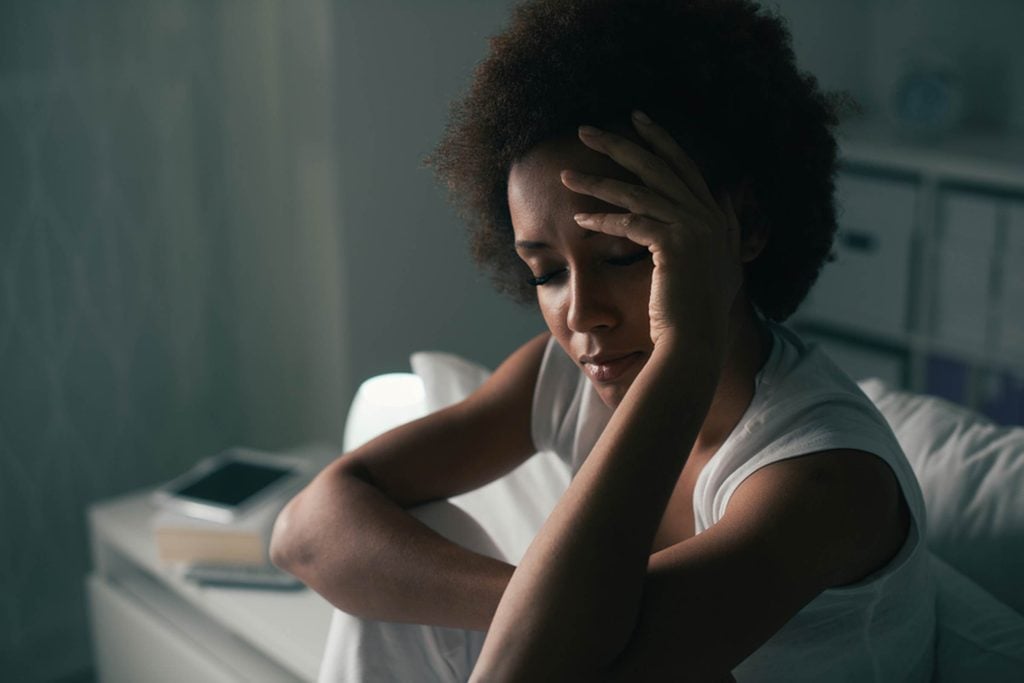The Surprising Way You Can Trick Yourself into Falling Asleep
Updated: Mar. 30, 2023
You’ll be shocked at how easy it is to finally get a full night’s sleep.

Most night owls can recognize the clear signs you’re headed for an awful night’s sleep. But if you think that staying in bed with your eyes squeezed shut will help you finally doze off, you might want to think again. A study from the University of Pennsylvania School of Medicine suggests that getting out of bed when you can’t sleep might prevent your restless night from becoming a full-blown case of insomnia.
Get The Healthy @Reader’s Digest newsletter
After monitoring the sleep habits of 416 participants for one year, researchers at the University of Pennsylvania School of Medicine found that night owls who limited their time in bed were more likely to snooze soundly once they did fall asleep. Those who remained in bed when they couldn’t sleep, on the other hand, were more likely to develop chronic insomnia in the long run.
The preliminary findings, which were presented at the SLEEP 2016 conference, ultimately revealed that getting out of bed prevented 70 to 80% of cases from turning into chronic insomnia.
Here’s How to Fall Back Asleep After Waking Up in the Middle of the Night
While this advice may seem counterintuitive at first, it makes sense once you understand what causes your tossing and turning. “Those with insomnia typically extend their sleep opportunity,” Michael Perlis, Ph.D., study author, and director of the Penn Behavioral Sleep Medicine Program, said in a statement. “They go to bed early, get out of bed late and they nap. While this seems a reasonable thing to do, and may well be in the short term, the problem in the longer term is it creates a mismatch between the individual’s current sleep ability and their current sleep opportunity; this fuels insomnia.”
The next time you’re struggling to fall asleep, try getting out of bed and using that time to read a book or write in a journal. Not only could a bit of light activity help you fall asleep in just an hour, but you will also do so faster and sleep better than if you had just stayed in bed, Perlis told Real Simple. And try to resist the urge to take a nap or sleep in the next day; powering through can get your snooze schedule back to normal.
[Source: Real Simple]
Get The Healthy @Reader’s Digest newsletter for what’s trending in health and wellness daily. Follow us on Facebook, Instagram, and Twitter, and keep reading: